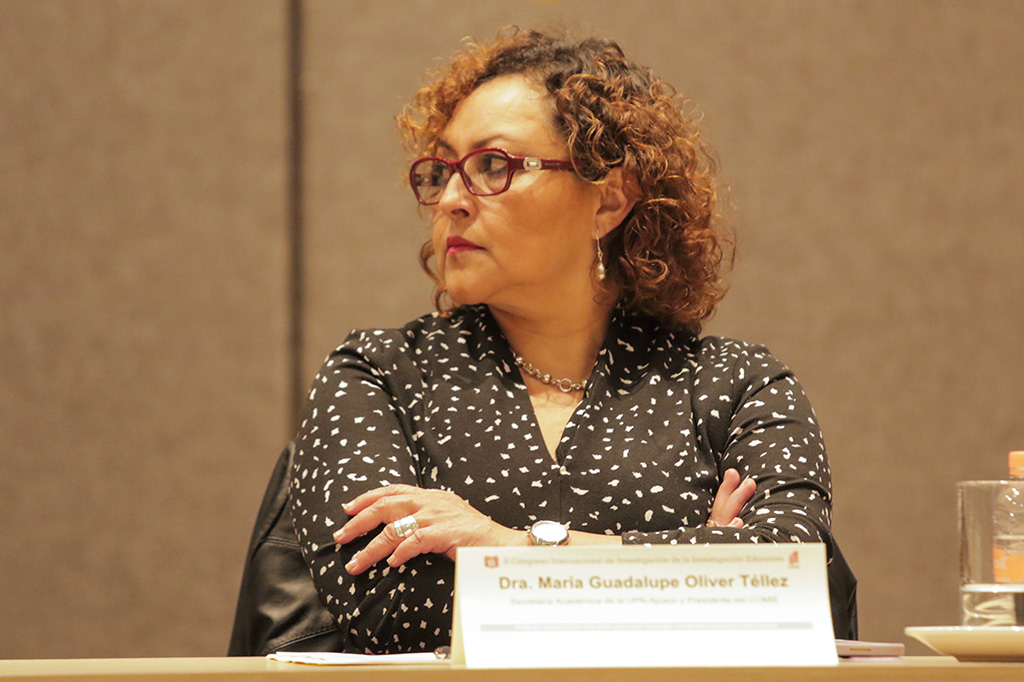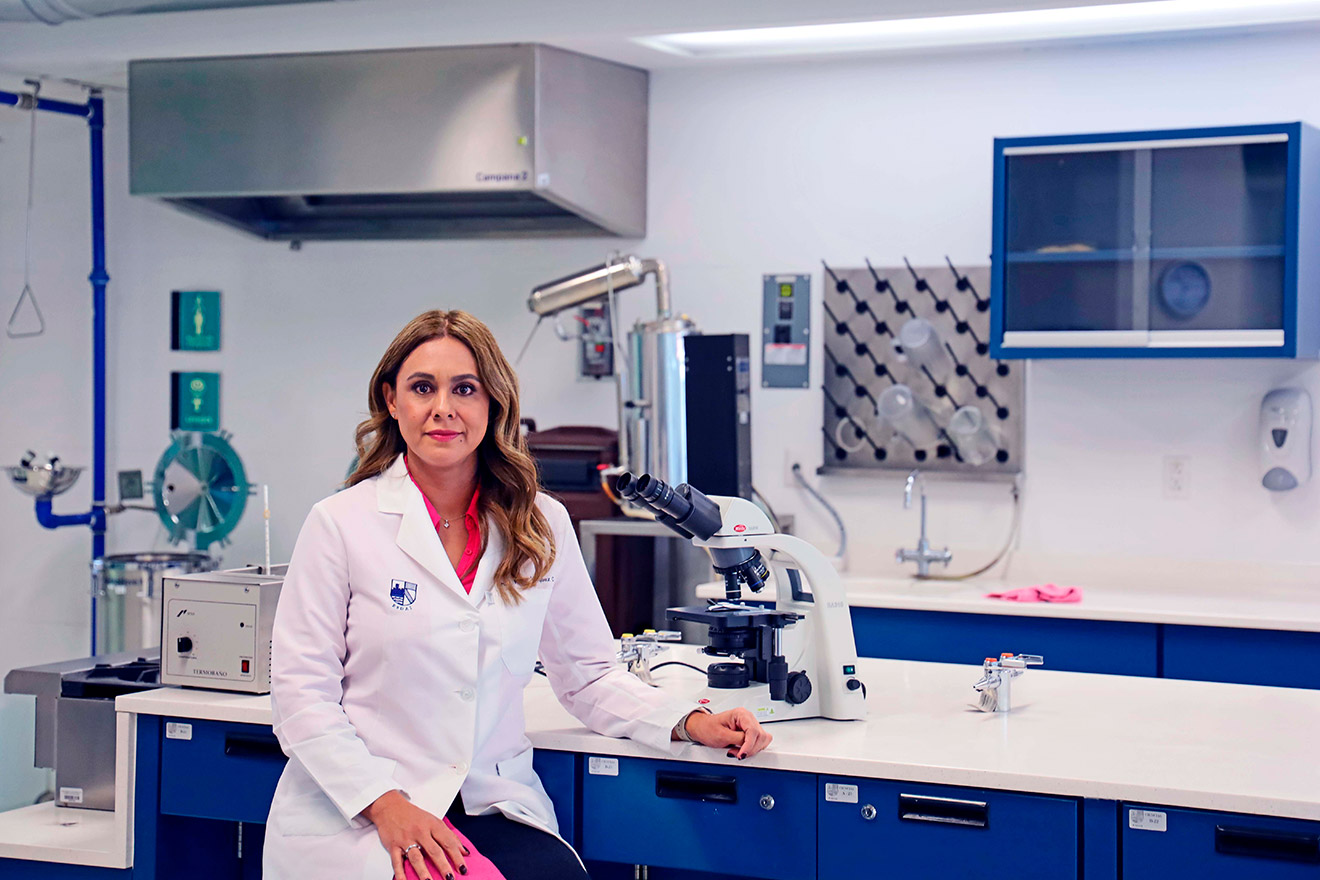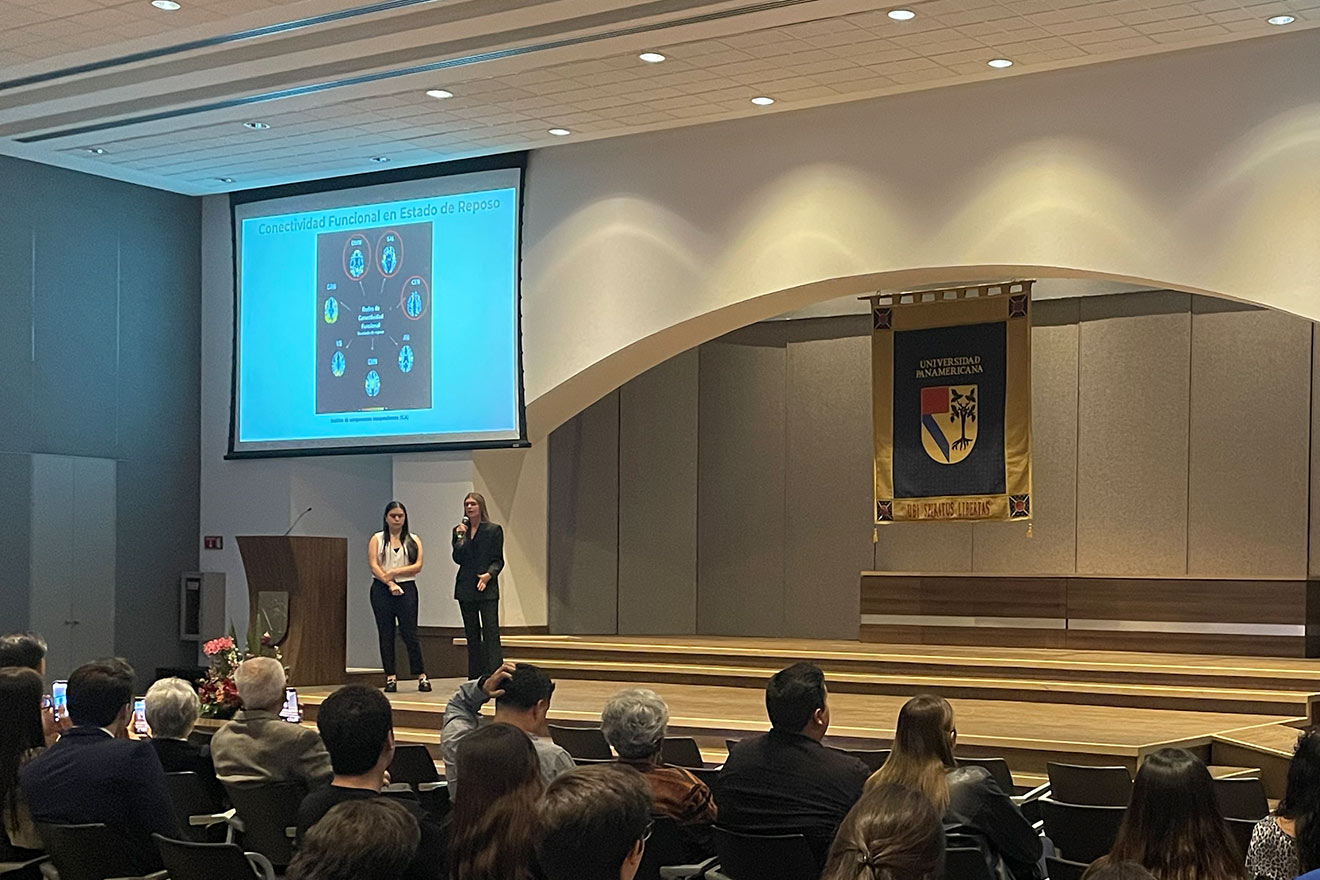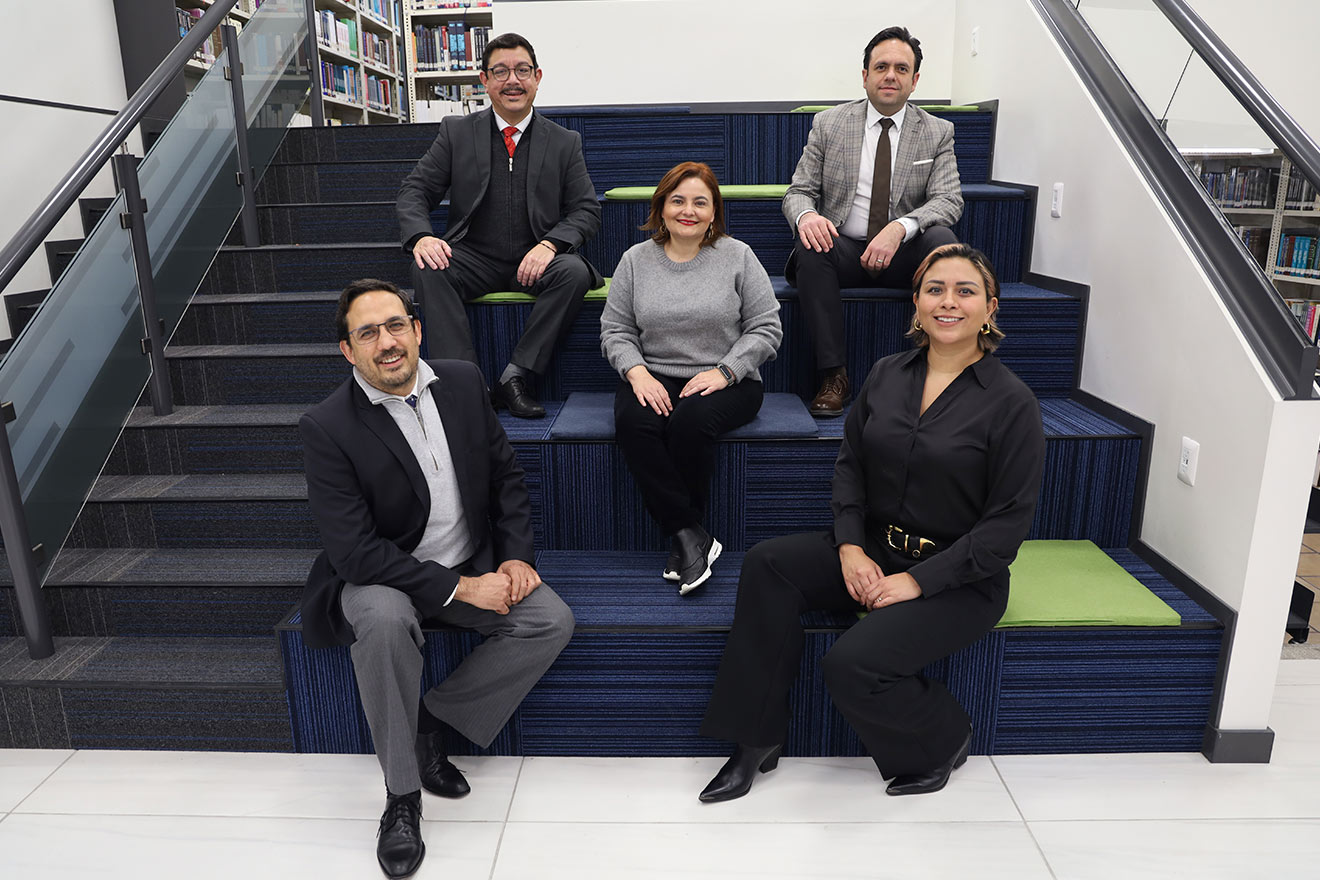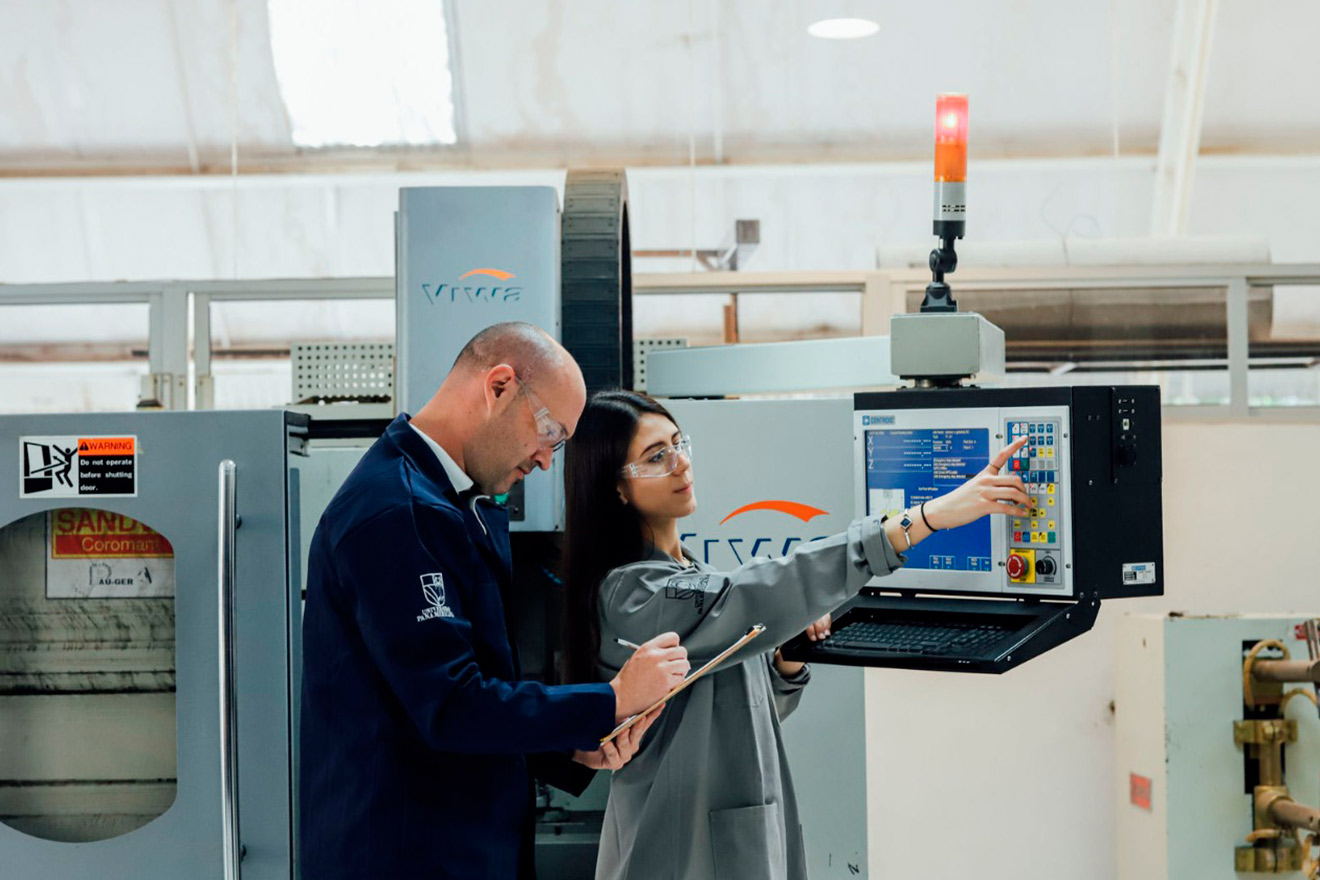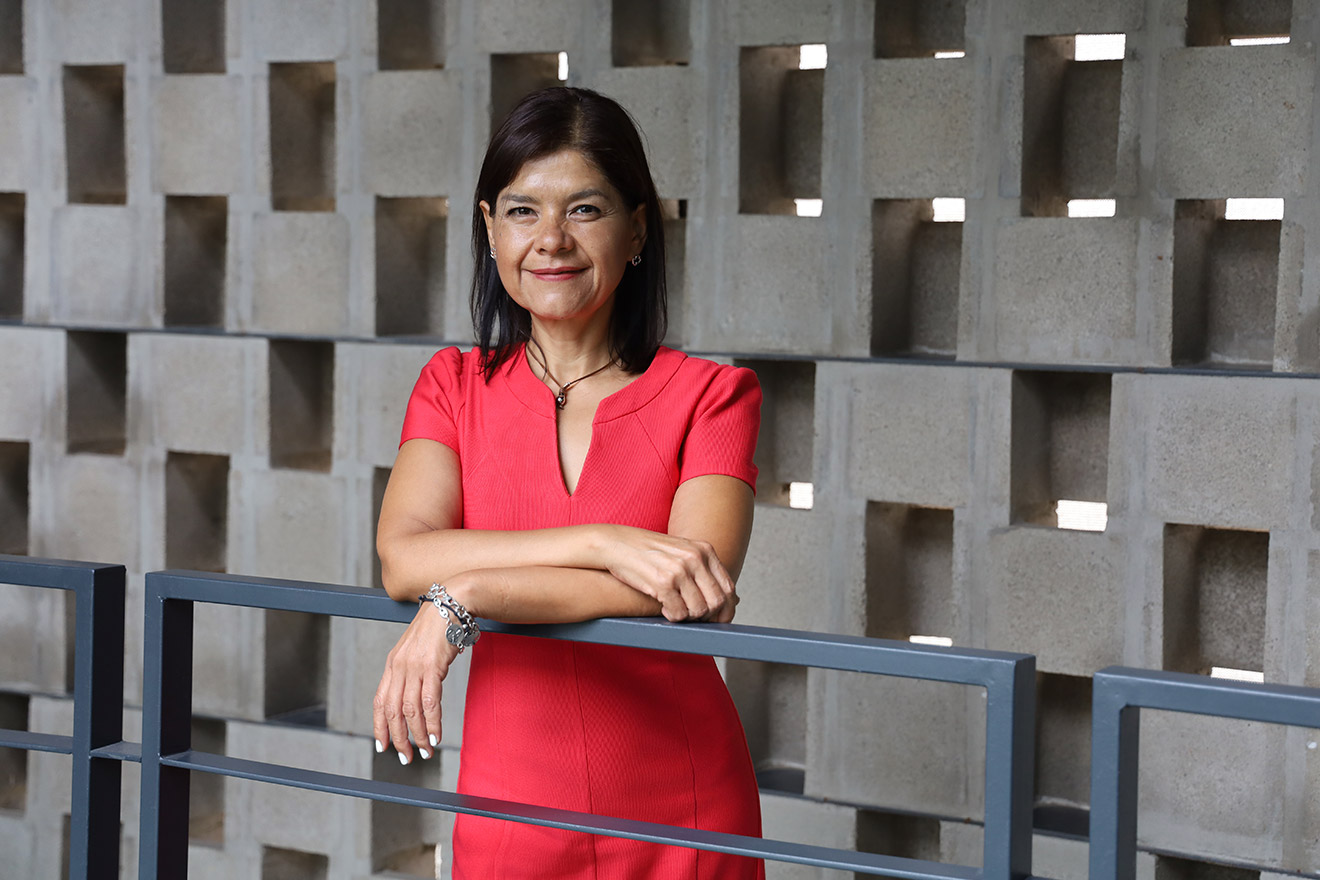Mexico City, January 18, 2023.- With the aim of producing educational knowledge to research for the common good, on January 12 and 13, the Universidad Panamericana held, on January 12 and 13, the II International Congress on Educational Research.
Research for the common good
During the inauguration of the event, held in the auditorium of the Panamericana, Dr. Martha Vergara Fregoso, from the Regions Commission of the Mexican Council for Educational Research A.C. said: "Research, from the way we conceive it in this congress and in this Mexican Network of Researchers of Educational Research, means researching with people for a common good", she clarified.
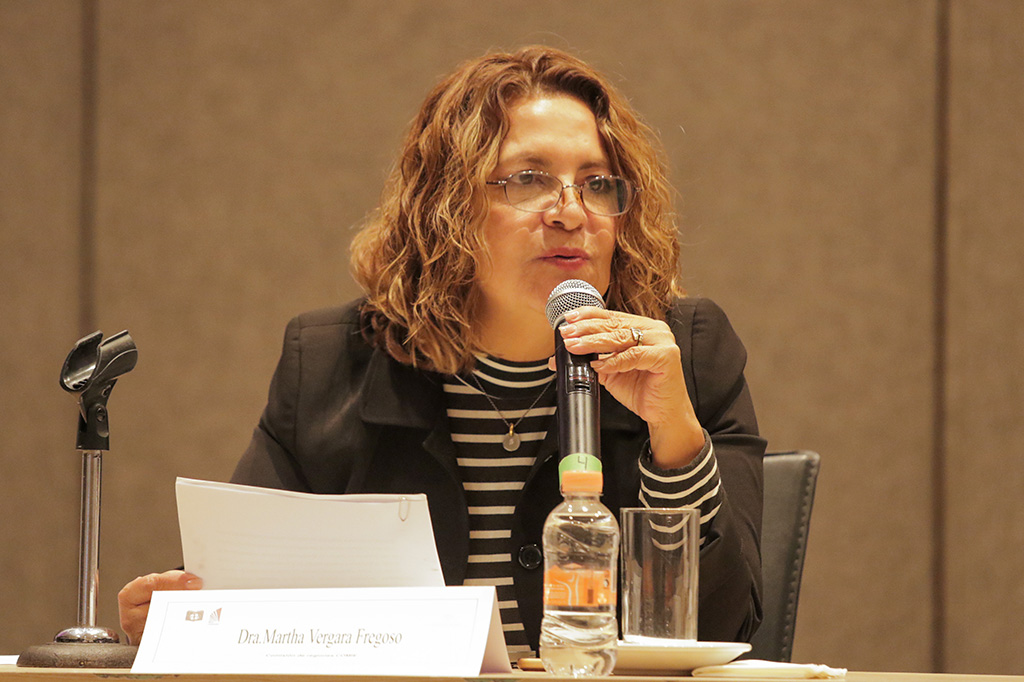
Next, Dr. Sandra Vega Villarreal, coordinator of the Mexican Network of Researchers in Educational Research (REDMIIE), in addition to thanking Panamericana for making the event possible, said to those present: "Thank you for being here open to dialogue (...)".
Regarding the significance of the congress, he added that within REDMIIE there was a need to reevaluate educational research: "To think that knowledge is produced in the interaction with other people who are there, who are contributing and who make the construction of knowledge possible, is a new way of looking at educational research," he said.
"We believe that the statement of our congress in saying 'research for what?' is an invitation to reflect on what we are doing as researchers. This is the beginning of an effort to build and produce knowledge in the field of educational research," he added.
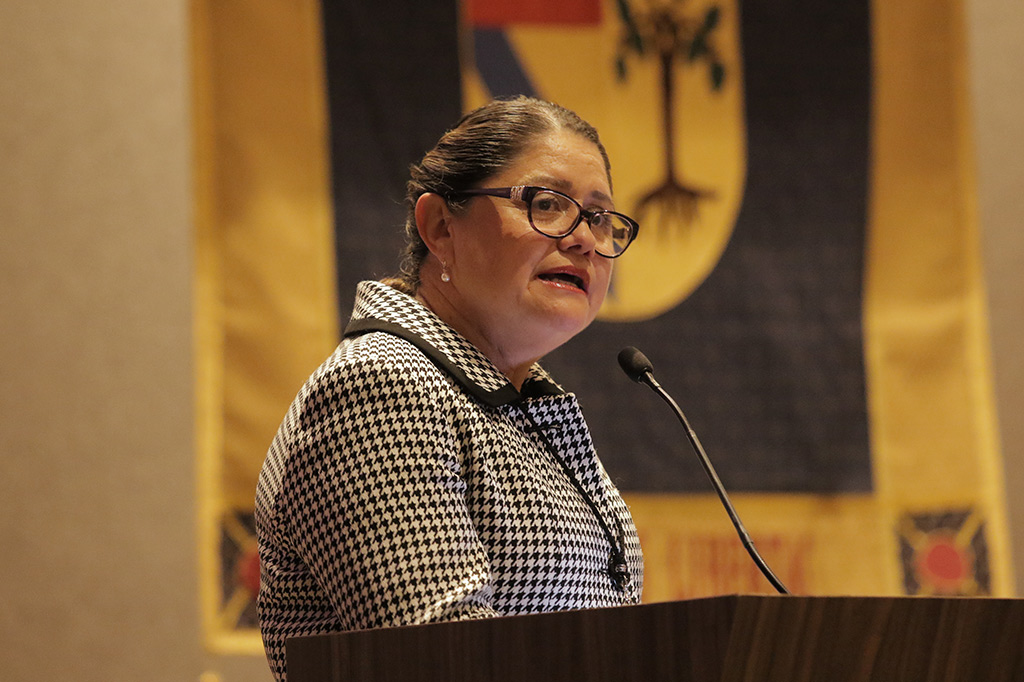
Working for a better world
Dr. Claudia Ortega Barba, Director of Research at the Panamericana University, Mexico campus, inaugurated the event and said that we are facing a world characterized by constant changes, which generate a feeling of crisis: "In a complex era, we need education specialists capable of reflecting and innovating", she said.
"(...) Assuming that educational research is an activity that generates knowledge in an area of human endeavor, specifically education (...), and that such knowledge must be socialized to impact a greater number of people, this event is particularly significant," he said.
He also indicated: "Initiatives such as these show the effort of the academic community to contribute to it (...) The vocation for research in education fosters the utopian sense of working for a better world".
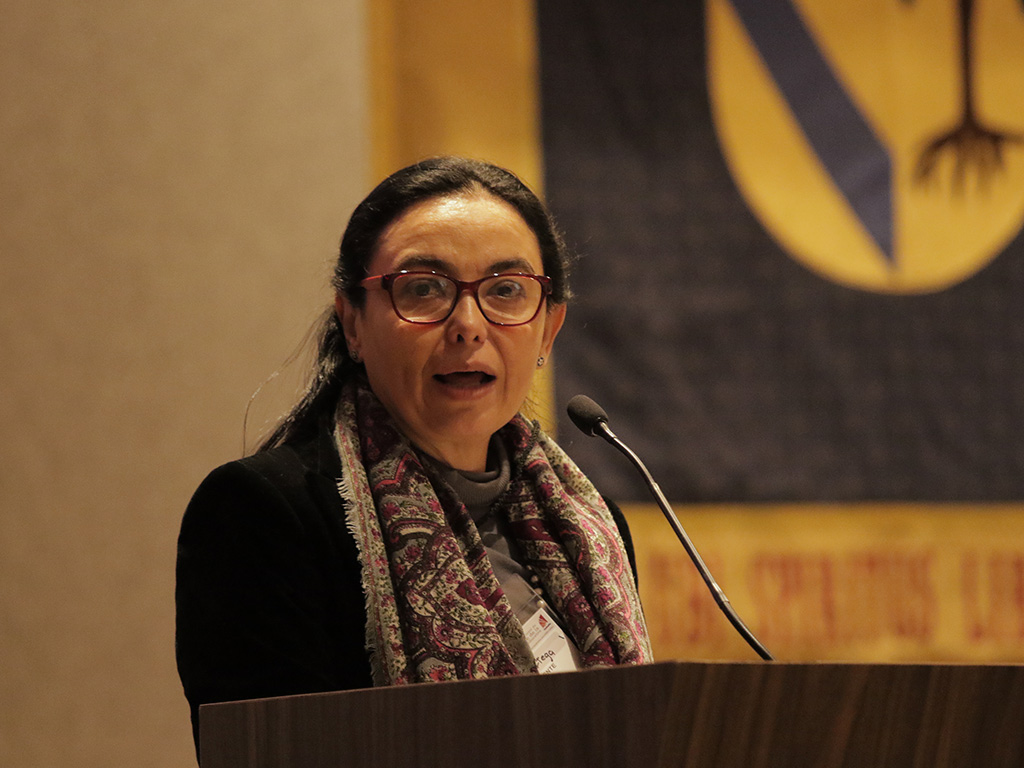
The impact of educational research
Subsequently, Dr. Francisco Aliaga Abad, professor at the University of Valencia, Spain, gave the keynote lecture: The impact of educational research.
The doctor began by referring to the congress question "what do we do knowledge for?", about which he said that this refers to what we want to achieve with it and where we want to take it. "We are not in a platonic world, we are supposed to want to know, to learn in order to transform. We are educators and education is an applied science," he stated.
"Researchers, academics, scientists are considered intellectuals, because we work with our intellect and we want to learn. Many times we teach to learn and we learn to teach," he said.
Aliaga also spoke of Campbell's Law, which states that the risk of corruption of a social indicator is proportional to the intensity of its use for decision making.
In this way, he expressed that Spanish educational research is not better than Mexican research, the only difference is that the former has much more visibility and international impact: "Campbell's Law is something that those of us who are dedicated to evaluation should never forget".
Finally, he closed his presentation by paraphrasing Georges Clemenceau: "Why measure academic impact (...) perhaps the evaluation of research is too important to be left to indicators alone(...) What do we measure? social impact? academic impact?" he questioned.
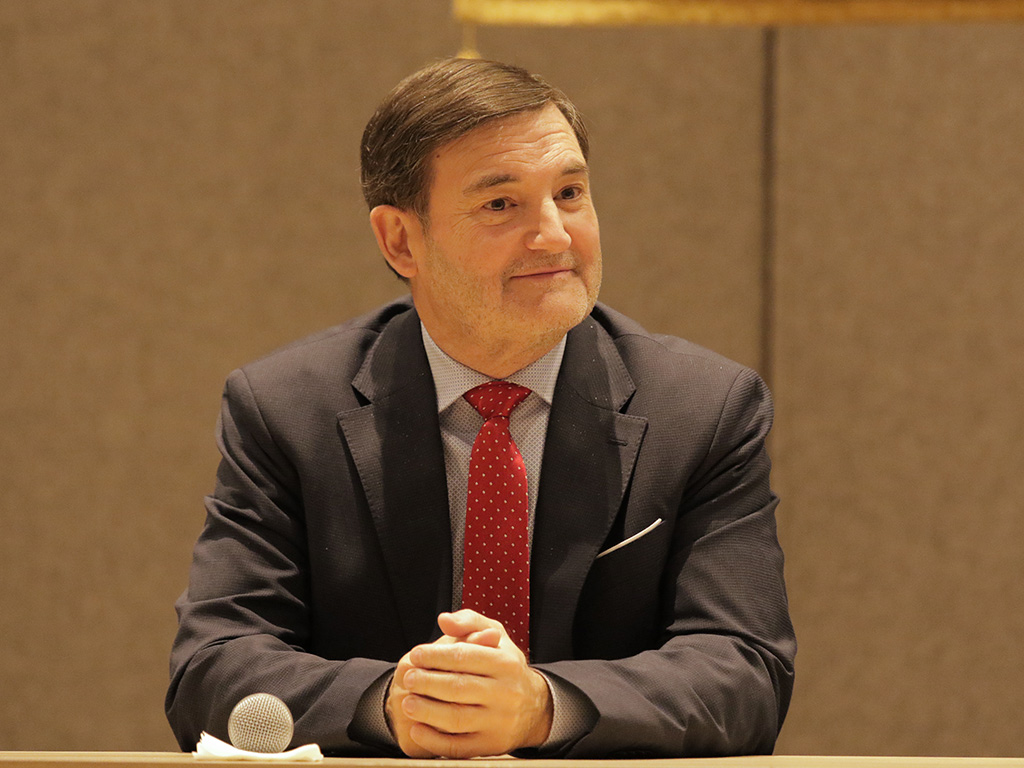
Educational research in the current context
In the panel discussion Educational Research in the Current ContextDr. Inés Dussel, Research Professor of the Department of Educational Research at CINVESTAV-IPN, Mexico; Dr. María Guadalupe Olivier Téllez, Academic Secretary at UPN-Ajusco and President of COMIE and Dr. Germán Rolando Vargas Rodríguez, Director of Research at the Faculty of Education of the Juan N. Corpas Foundation, Bogotá; with Dr. Martha Vergara Fregoso, General Coordinator of RedMIIE, as mediator.
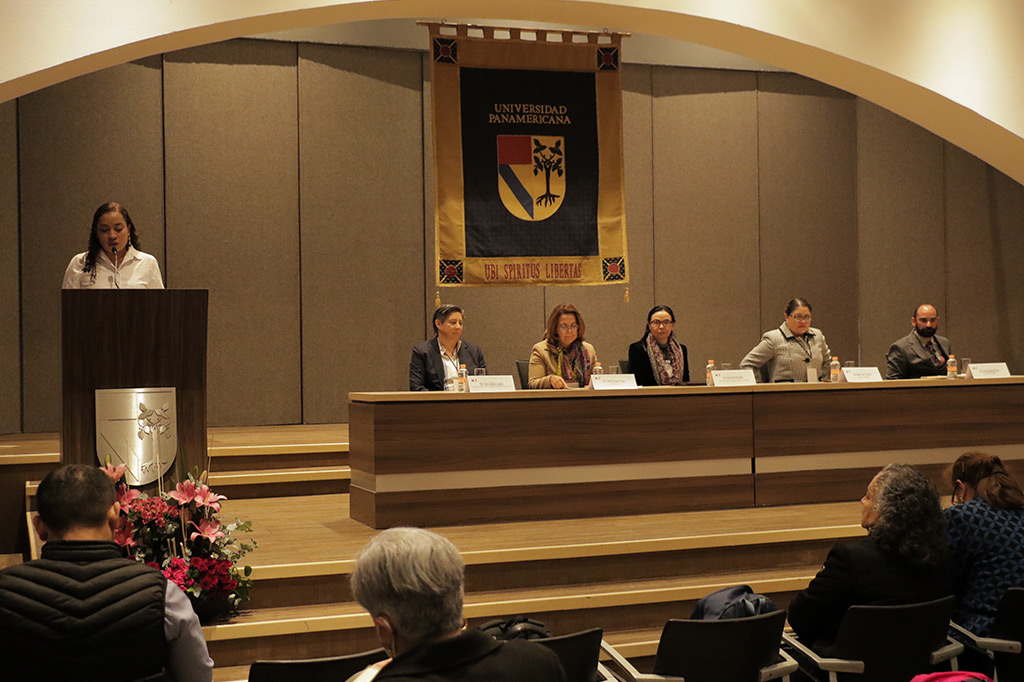
"It is important to rethink the value and commitment of research to achieve progress, but also to achieve equity in education (...) The challenge is to carry out research that is useful, reliable and accessible to all," said Dr. Vergara at the beginning of the panel discussion.
The three panelists agreed that one of the major aspects that education researchers must consider is the training of new researchers, teaching them how to think, what to research, how to research, and what to research for.
Dr. Vargas pointed out that, although there are many challenges, it is important to increase research networks and maintain the dialogue between Ibero-America: "Let us rethink educational problems from these contexts, but without ignoring the fact that we are a global society".
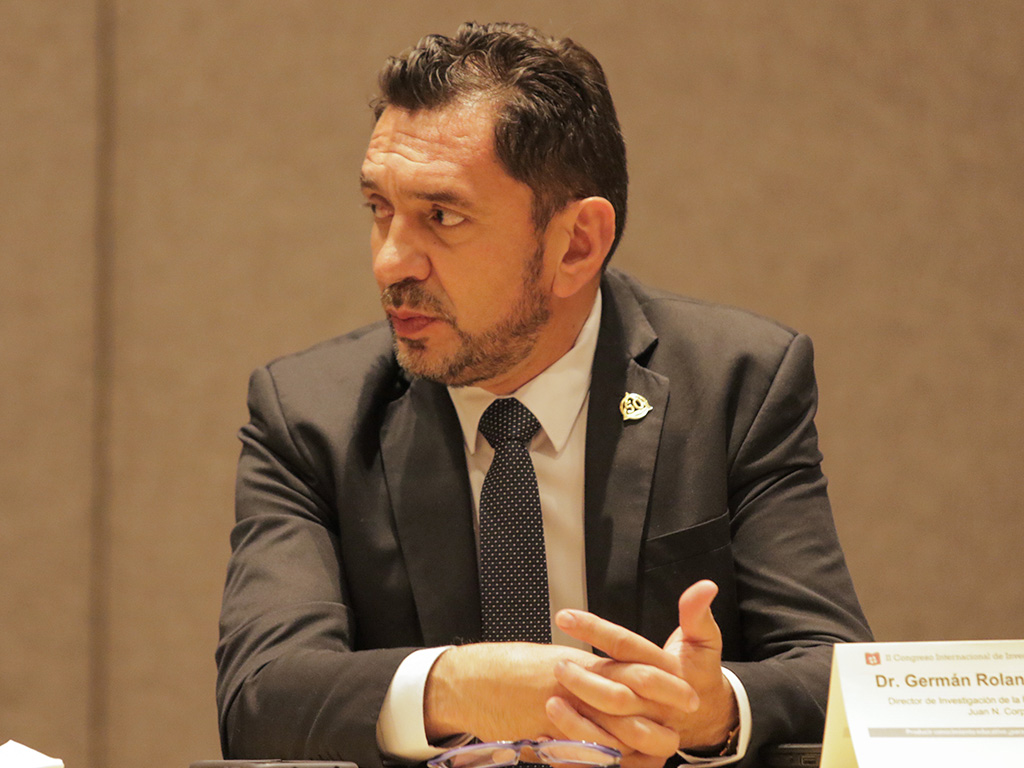
Dr. Dussel pointed out that, in her opinion, it is necessary to work on overcoming institutional and disciplinary limits that do not help to rethink what educational research does: "It is necessary to think about disciplinary limits, dealing with issues of digital media (...)".
"We must defend an educational research that is not necessarily oriented to solve immediate problems," he mentioned, and clarified that it is important to work with an agenda that is not isolated from these current problems, "but that does not succumb to the demand of the immediate."
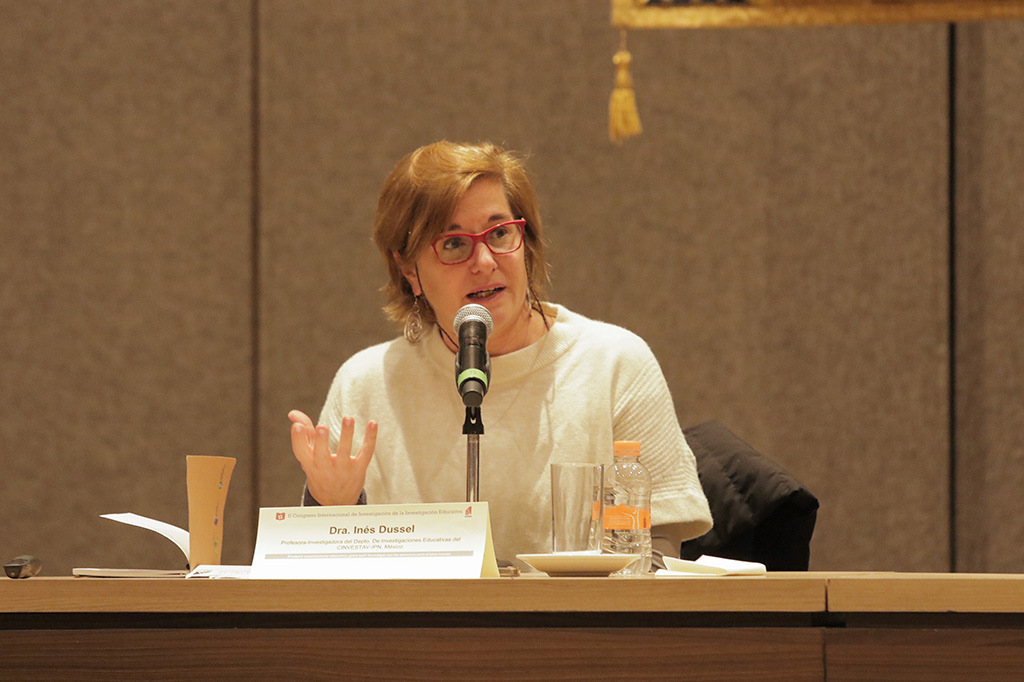
Finally, Dr. Olivier stated: "If we think of educational research as an element that has to be oriented towards the common good, it seems to me that the central component should be the ethical approach(...) We have to change our role as researchers not only in what we teach them but also in our own research practices".
